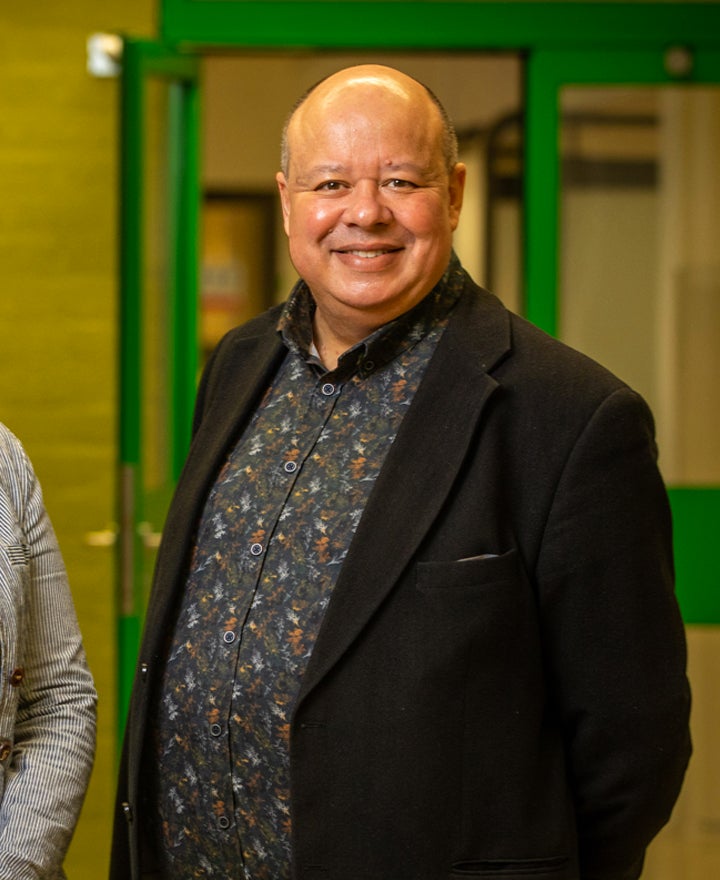If you consider the strategic objective, healthy food affects the costs of healthcare. Currently the system is designed to step in only when something goes wrong. It’s much better to start from the start—with access to healthy food—so that we can avoid many healthcare costs later. And not just for the few, but for everyone. If you look at the food system, you see a great deal of unhealthy and unsustainable food on offer. This food is often cheaper, but it causes health problems, harms the environment and increases CO2 emissions. All this has consequences for quality of life, healthcare costs, nature and climate change.
What we’re noticing is that it’s mainly middle-class people who come to the meetings. Having a bigger budget makes it easier to choose healthy food, which is often more expensive. But we want to break down that barrier and make healthy, locally produced food more broadly accessible. The great thing is that the issue of food affects everyone, so it’s a good conversation starter. In Haarlem we were already building networks around food when we were asked to get involved with Cities2030.
A good example is the ‘peel bike’ organised by local restaurateurs working towards a more circular hospitality industry. Unemployed people collect the waste from restaurants in the city—even Michelin-star restaurants. There’s a whole logistical story behind it. The issue is that you can’t store large amounts of food and organic waste for long. We have a wonderful partnership with our regional waste processor Spaarnelanden; they have an open mind and are really keen to make a difference. Waste is a fascinating subject, and fortunately they have a lot of knowledge and experience that they’re happy to bring to the lab.
In Haarlem, our focus is on three projects:
- urban agriculture
- more biodiversity in the city
- farmers for neighbours.
The goal is to at least double the number of labs in the next two years. And more and more cities are participating. Each lab decides for itself what to focus on and which support is most effective in the local context.
2030 is by no means the finish line. Haarlem aims to be a circular city by 2040. We’re not there yet, but we’re on the right track. You have to take the initiative and keep putting one foot in front of the other. Fortunately, we live in a country where we can consult with the government and improve policy by paying close attention to what’s happening on the ground. The local labs facilitate this, step by step, by bringing together residents and companies. Yes, I’m very excited about the project—I really believe in it.
